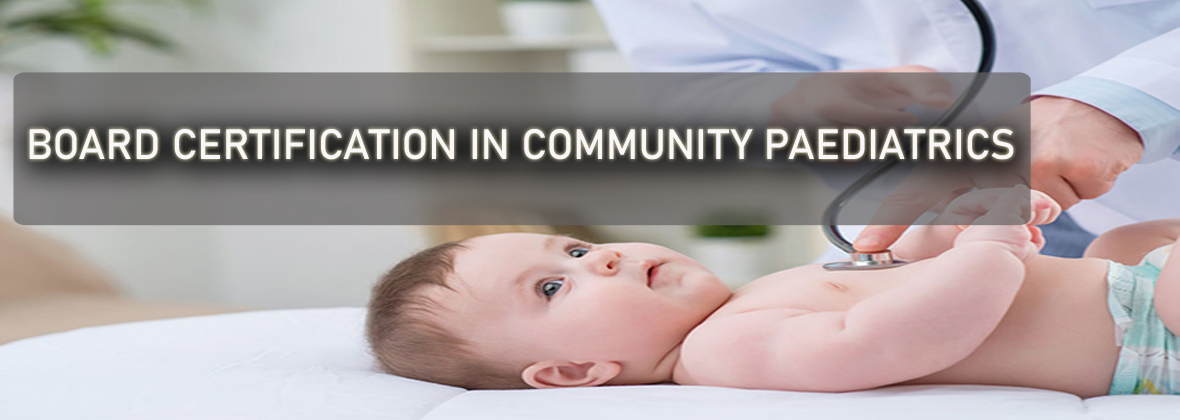
![]()
The Board of Study in Paediatrics (BOSP) has trained Board Certified Specialists in General Paediatrics. The BOSP can now justifiably be proud of its achievements and of all, of its efforts towards providing Paediatric services in all areas of Sri Lanka.
Although General Paediatricians are able to provide optimal cover for the majority of clinical problems that come up in Paediatrics, several sub-specialties are incorporated into the current training programme to cater to certain well defined specialized areas. The specialty of Community Child Health involves an understanding of the complex interplay between physical, social and environmental factors and human biology affecting the growth and development of all children and young people. Application of this knowledge advances the health and wellbeing of children, families and communities; whether well, ill, impaired or disabled.
Around 10% of the child population of Sri Lanka has some degree of mental or physical disability, developmental impairment, behaviorural problems chronic and complex conditions that need specialized care in the country. Therefore, there is an increasing demand for Community Child Health Clinical Services. Currently these problems are dealt with by General Paediatricians at institutional level. However, a Community Paediatrician will be able to use his or her training, experience and the infrastructure facilities available in the community to cater to these needy children in the community.
The domains of Community Child Health are,
- Child protection
- Child development
- Child behaviour
- Community based care and rehabilitation
- Child population health
- Environmental health
- Community management of chronic or persistent disorders
Ministry of Health has already approved Community Paediatrics as a sub-speciality in Paediatrics and agreed to provide cadre provisions.
![]()
The trainee eligible for Board Certification in Community Paediatrics should have:
- Acquired a sound knowledge in assessment and management of infants, children and young people
- with developmental, learning, behavioral and emotional problems
- with disabilities
- with nutritional disorders
- Who are victims and those at risk of child abuse and neglect
- Who are in institutional care
- Who need multidisciplinary team-based approach to the diagnosis, care and management of their disorders
- Acquired a sound knowledge on
- problems related to adolescence
- disease screening and surveillance
- infectious disease control
- injury control
- health programme planning, evaluation, and research including the quantitative and qualitative measurement of health outcomes and wellbeing.
- Awareness of forces that act on the health of children such as family, educational, social, cultural, spiritual, economic, environmental and political.
![]()
- Applicants should have passed the MD Paediatrics Examination.
- The candidates should not be already Board Certified in any other medical field or have already applied to be enrolled in the training programme in any other subspecialty.
Please refer to the relevant prospectus for the most up to date information. The prospectus of a particular programme contains official information pertaining to a programme approved by the Board of Management, University Senate and the University Grants Commission